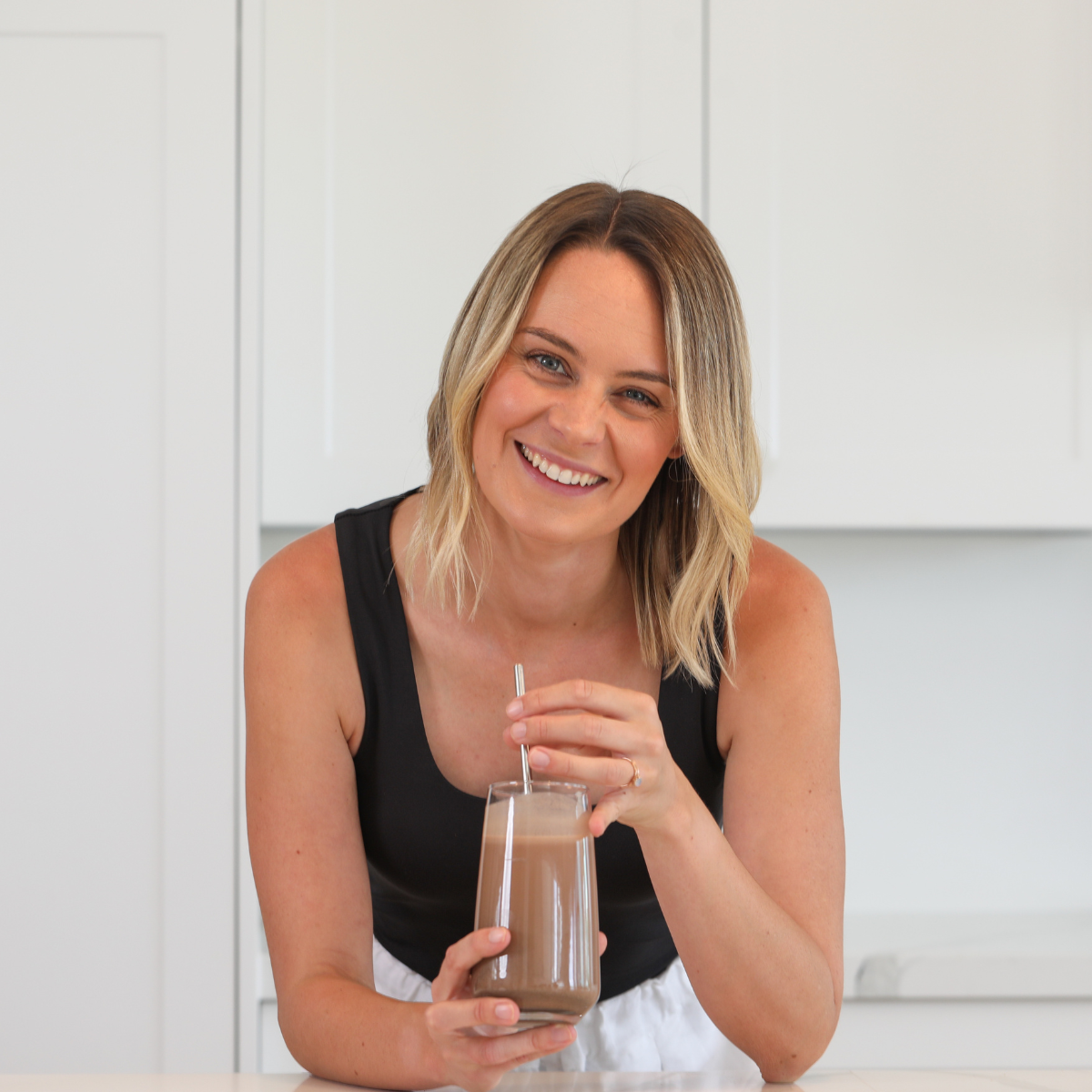✅ Noticeably fewer sugar cravings within 7 days
✅ Targets the root cause — insulin resistance & unstable glucose levels
✅ Supports steady energy, mood & appetite control
✅ Helps support healthy weight & metabolic function
✅ Clean, vegan, drug-free formula — no harsh stimulants or synthetic fillers
✅ Backed by clinical research — designed specifically for women’s metabolic health
Previously known as Blood Sugar Balance



